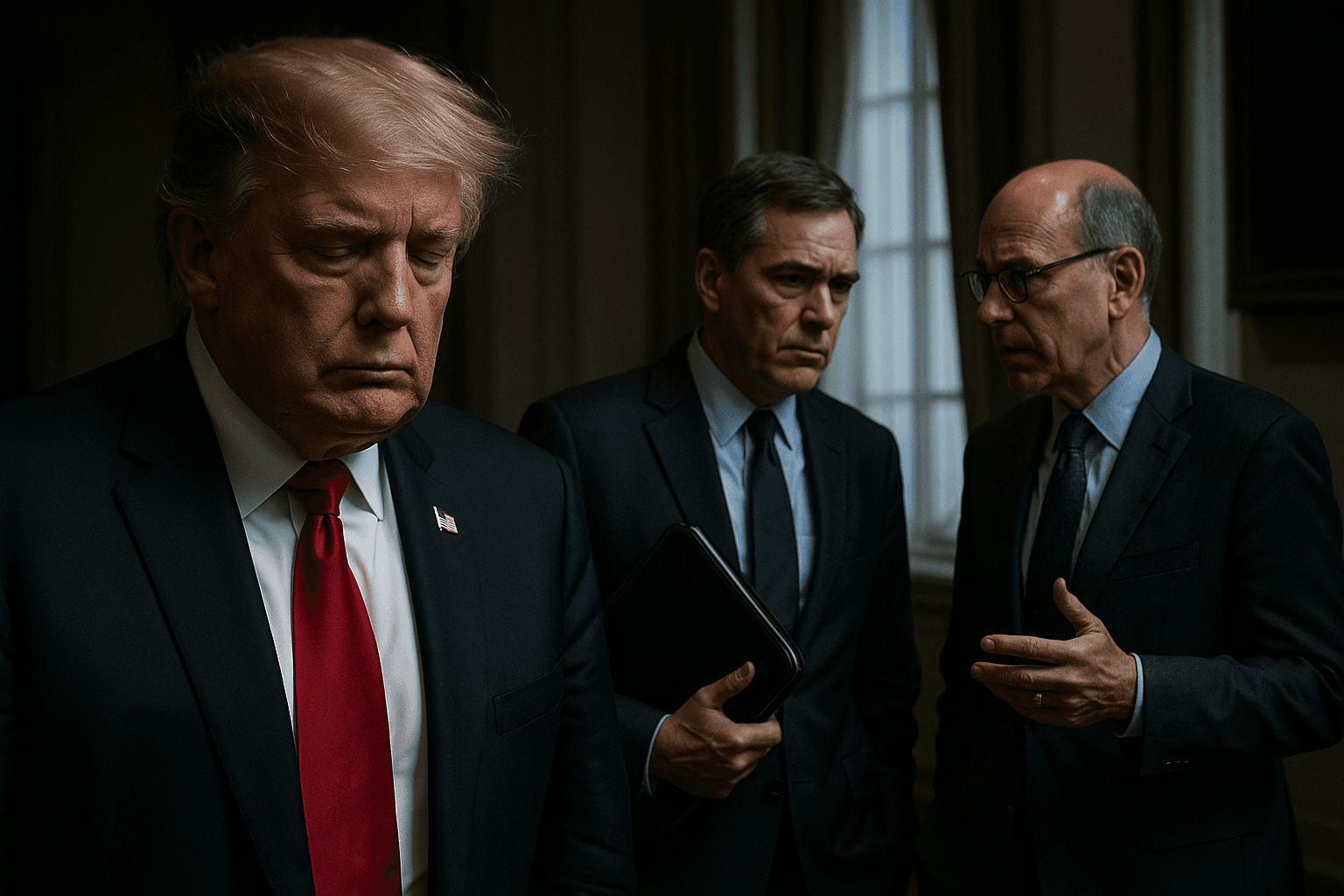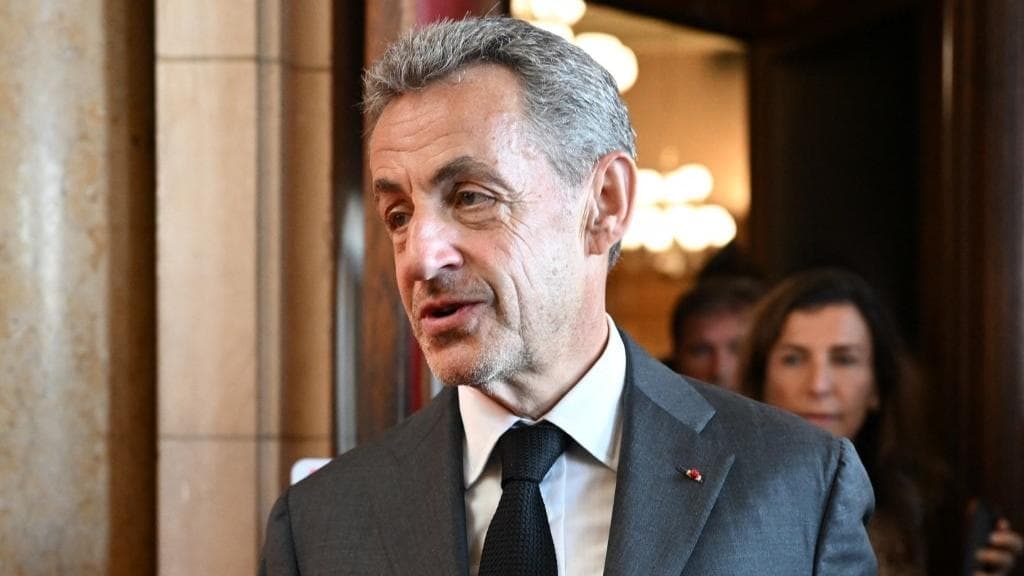Trump Pulls Back, Sends Envoys as Ukraine Peace Plan Falters
The White House signals a tactical step back from a public timetable for an American brokered Ukraine framework after leaks and intense criticism complicate diplomacy, raising questions about U.S. credibility. The president has delegated much of the negotiating work to special envoys, a move that reshapes transatlantic expectations and raises fresh diplomatic and legal stakes for Ukraine and its partners.

On Nov. 26, 2025 the White House signaled a tactical step back from the highly publicized plan for an American brokered peace framework for Ukraine, shifting much of the heavy diplomatic lifting to special envoys and postponing direct meetings between President Trump, Volodymyr Zelensky and Vladimir Putin until negotiators produce a more finalized agreement. The decision follows months of controversy, leaking and a recording that has intensified scrutiny of the process and prompted bipartisan criticism in Washington.
The leaked recording, which involved a U.S. envoy advising a Kremlin aide on messaging, has magnified concerns among European capitals and Kyiv that the current draft terms tilt toward Russian preferences. European leaders and Ukrainian officials are pressing for substantive revisions, arguing that draft provisions still leave unresolved core disputes over territorial and security arrangements, and do not sufficiently protect Ukrainian sovereignty under international law.
Administration officials say the United States will continue shuttle diplomacy through appointed envoys, pushing for a negotiated ceasefire and a final settlement. The emphasis on envoy led negotiations reflects a tactical calculation to quiet the highly charged public debate and to permit closed door bargaining. It also acknowledges the complexity of reconciling competing demands on territory, guarantees for security, and enforcement mechanisms that would satisfy NATO partners while addressing Moscow’s stated security concerns.
The U.S. move reverberates across Europe, where capitals are keenly aware that any accord perceived to reward conquest would have long term consequences for the postwar security architecture. Officials in Brussels and Kyiv warn that premature or imbalanced concessions could undercut the principle of territorial integrity that underpins the United Nations Charter and the collective security logic of the alliance. For Kyiv, the calculus is existential, and Ukrainian negotiators are likely to resist any language that would enshrine de facto Russian control over occupied areas or that would leave verification and enforcement to actors seen as sympathetic to Moscow.

Domestically, the shift to envoys is likely to recalibrate political lines. Critics across party lines say the leaks and the sense that key provisions were being negotiated in haste have damaged U.S. standing as an impartial mediator. Supporters argue that a quieter, envoy driven process could produce a more durable deal by allowing technical experts and European counterparts to refine text away from the glare of presidential spectacle.
The coming weeks will test whether the envoy led approach can rebuild trust among skeptical allies and within Ukraine, and whether the administration can produce enforceable security guarantees that satisfy both Kyiv and Western partners while extracting commitments from Moscow. At stake is more than a ceasefire. The terms that eventually emerge will shape the rules governing territorial claims, the enforcement of ceasefires and the precedents for resolving conflicts across Europe and beyond. How the United States manages this sensitive phase will matter to transatlantic cohesion and to the broader international order that seeks to deter territorial conquest by force.

